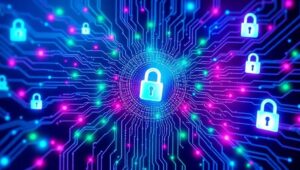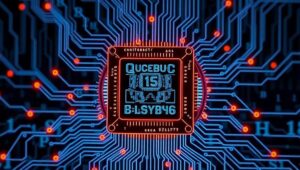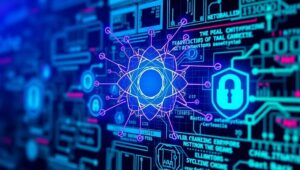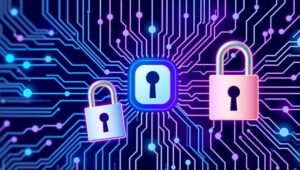Cybersecurity in the Quantum Era: A Paradigm Shift (2028+)
Cybersecurity in the Quantum Era: A Paradigm Shift (2028+) The advent of quantum computing marks a significant turning point in the landscape of cybersecurity. As we look toward 2028 and beyond, the potential for quantum computers to break existing encryption algorithms necessitates a fundamental shift in how we approach data protection and digital security. This article provides an informative overview of the challenges and opportunities presented by the quantum era, as well as the strategies and technologies that will be crucial for maintaining cybersecurity in the face of quantum computing threats. The Quantum Threat to Current Encryption Classical encryption algorithms,








